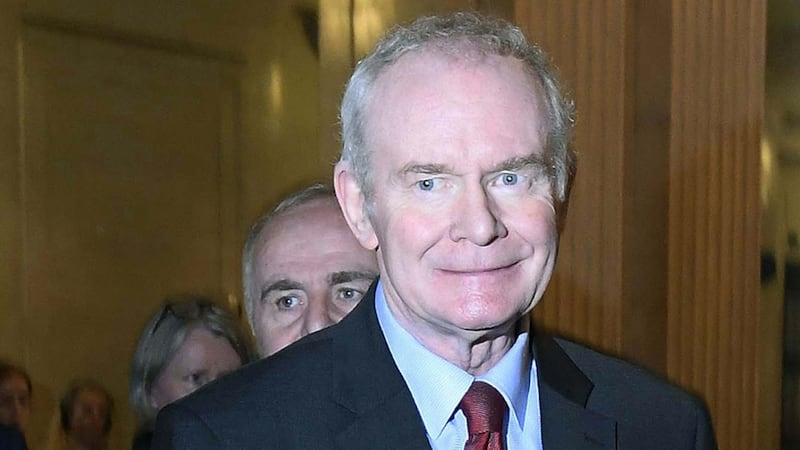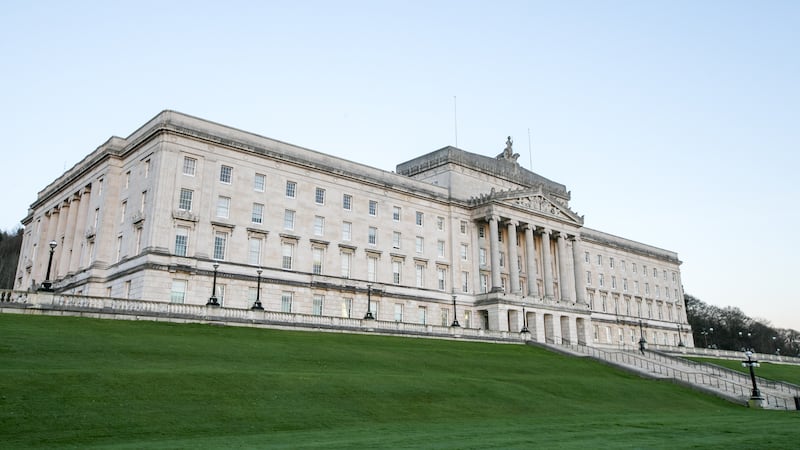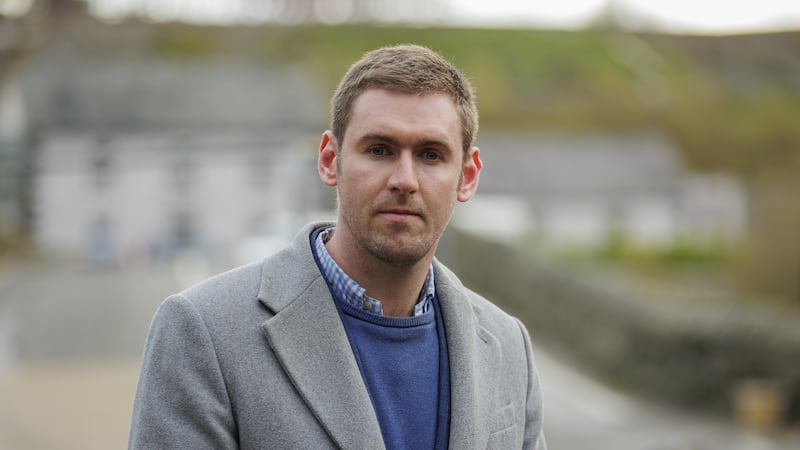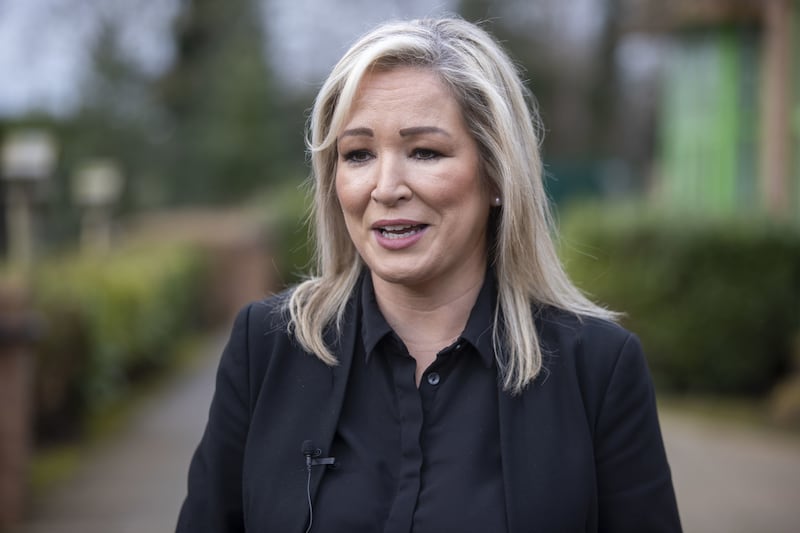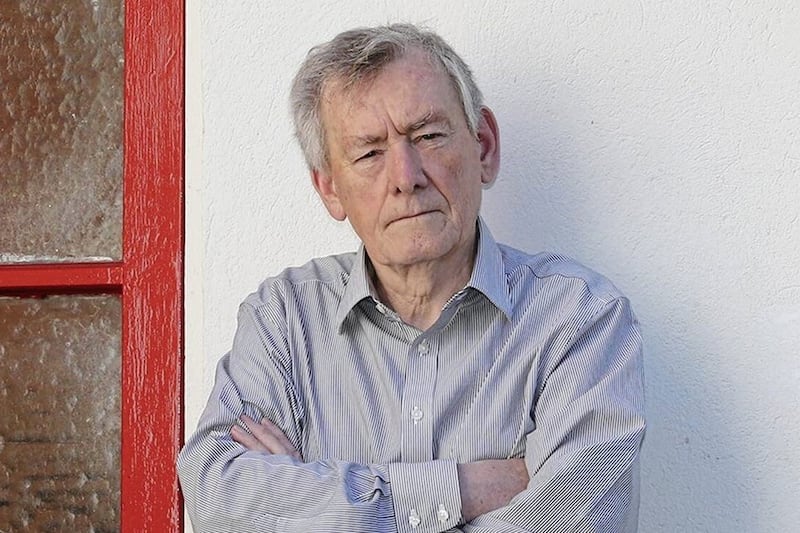SINN Féin’s Martin McGuinness is to stand down from electoral politics, signalling the closure of one of the most remarkable chapters in recent Irish history.
Party president Gerry Adams has called on party members and republicans to "give him the space to get better" so that he can come back to an improved situation.
Mr McGuinness's successor as leader of Sinn Féin in the north will be announced next week after Mr McGuinness told the Irish News that health problems prevented him from defending his Foyle seat in the forthcoming poll.
Mr McGuinness, who stood down last week as Deputy First leader following a row between Sinn Féin and the DUP over a green energy scheme RHI, has a rare condition linked to a protein imbalance.
The 66-year-old said that he had to think of his wife Bernie and family and while he was no longer “physically capable” of fighting an election, his involvement in politics was not over.
Northern Ireland secretary James Brokenshire paid tribute to the former Deputy First Minister.
He said: "I thank him on behalf of the Government for his work in securing a number of significant political agreements, as well as his service as deputy first minister of Northern Ireland."
Sinn Féin president Gerry Adams added: "I want to express my heartfelt thanks to Martin McGuinness. He and I first met over 45 years ago behind the barricades in Free Derry and we have been friends and comrades since that time."
He added: "Martin has said he wants to come back and be part of the process to end partition, build reconciliation, unite our people and achieve Irish unity.
"So on behalf of Sinn Fein and republicans everywhere I want to send him our best wishes.
"Give him the space to get better and increase our efforts so that when he returns the process of change has advanced."
Taoiseach Enda Kenny said he "readily acknowledged the remarkable political journey" Mr McGuinness undertook.
"I know that Martin remains firmly committed to delivering a peaceful and prosperous society for all of the people of Northern Ireland," he said.
"He was one of the key architects of the Good Friday Agreement, and a tireless and committed champion of the peace process."
Fianna Fail leader Micheal Martin said Mr McGuinness sought to be a constructive force in the peace process.
"We wish Martin McGuinness well and hope that those assuming leadership roles in Sinn Fein in Northern Ireland will learn from his example over the last 10 years and renew the commitment to making these institutions work," he said.
"His positive comments when announcing his retirement this afternoon on the future of power sharing after this election confirm his political pragmatism."
In a lengthy statement, Mr McGuinness said that he is determined to beat his illness and once he does would like to be an ambassador for peace.
Five decades since coming to public prominence at the beginning of the Troubles and almost 20 years on from first being elected an MP for Mid Ulster, the republican figurehead said that he “will remain very much part of the SF team”.
He had originally planned to step down on May 8 this year - symbolically ten years after entering power sharing with former First Minister Ian Paisley.
"Unfortunately, my health and the current crisis have overtaken this timeframe and I am stepping down from my role to make way for a new leader of Sinn Féin in the North."
He added that he has been part of the succession discussions and his replacement was “a person who has been under careful consideration”.
Martin McGuinness: the rise to power
The announcement also means that Sinn Féin will find a replacement to contest Mr McGuinness’s Foyle seat, with the likely candidate Elisha McCallion, the former Mayor of Derry.
Mr McGuinness appeared visibly frail last Monday when he announced his resignation as deputy first minister in protest over the renewable heat scandal.
"My obvious heath issues are being addressed by a superb team of national health service doctors and nurses," he said this evening.
"But I want to be open and honest with my friends and colleagues in Sinn Féin, with the electorate of Foyle and with the wider community beyond my own constituency. I also want to be fair to my family and to the teams of carers who are doing their best to provide me with the treatment I now require to deal with this very serious medical condition which I am very determined to overcome."
Mary McAleese: The contribution of Martin McGuinness to politics in Northern Ireland was 'enormous' pic.twitter.com/MqaQNUTQSd
— RTÉ News (@rtenews) January 19, 2017
#ThanksMartin I salute tenure, calibre & collegial spirit of @M_McGuinness_SF service in GFA institutions. Wishing him & family strength.
— Mark Durkan MP (@markdurkan) January 19, 2017
3 of us in the car crying over Martin McGuinness.
— Gerry Adams (@GerryAdamsSF) January 19, 2017
He blamed the DUP and British government for the current crisis.
In his resignation statement last week, which resulted in a new assembly election being triggered, he said he had worked with DUP leaders for 10 years and in that time the British government and DUP "have undermined the institutions and eroded public confidence".
Mr McGuinness said former First Minister Arlene Foster had a "clear conflict of interest" over her role in the botched Renewable Heat Incentive (RHI) which has left the taxpayer with a £500 million bill.
The RHI is a government-subsidy scheme established in 2012 by then economy minister Mrs Foster to encourage businesses to switch from burning fossil fuels to greener sources like wood pellets.
Ms Foster was the minister in charge when the scheme was introduced without capped subsidies.
Mr McGuinness made repeated calls for former First Minister to stand aside while an independent probe is held into a scheme initiated under her watch.
He had warned of "grave consequences" if Mrs Foster did not temporarily step aside to allow a fully independent inquiry into the Renewable Heat Incentive (RHI) scheme.
It was supposed to pay a proportion of fuel costs, but tariffs were set too high, meaning that for every £1 participants spent on fuel, they received £1.60 in subsidy payments. This created a 'burn to earn' incentive – with applicants able to access free heat and make a sizeable profit while doing so. Claims of widespread abuse include a farmer allegedly set to pocket around £1 million in the next 20 years for heating an empty shed.
In Pictures: Martin McGuinness' political career
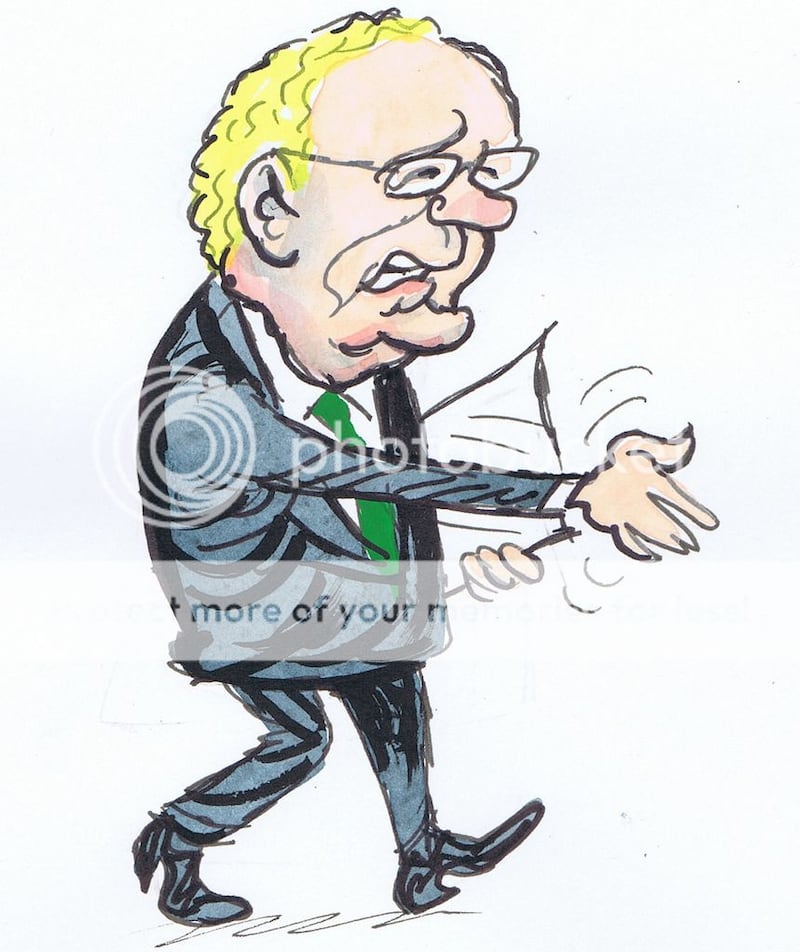
Martin McGuinness, as drawn by Irish News cartoonist Ian Knox
